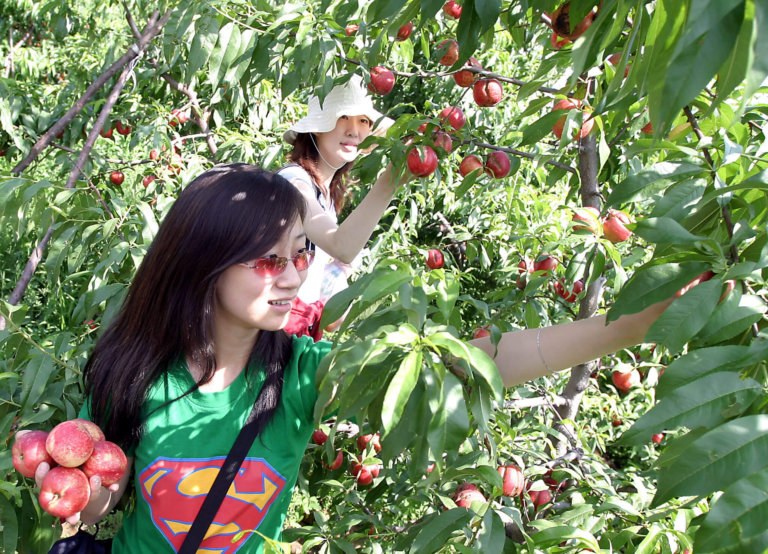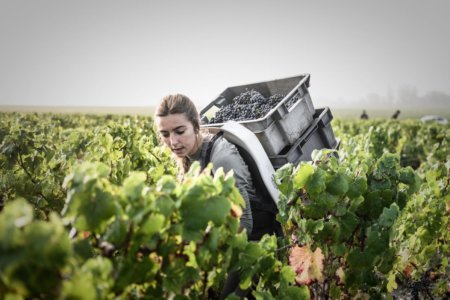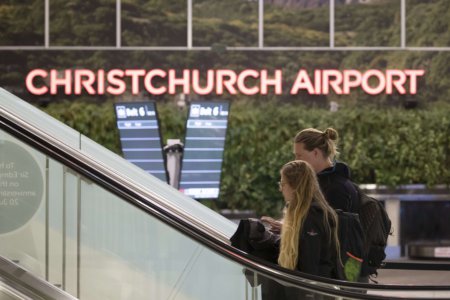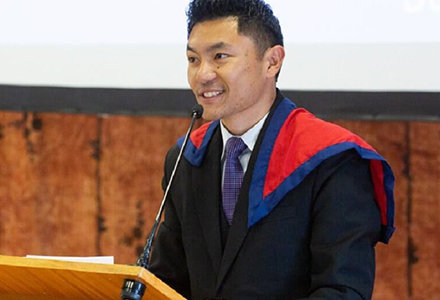
A staff member from the University of Auckland has asked its international PhD students in New Zealand to consider spending their year-end break picking fruits on a working holiday. Students in the university’s School of Cultures, Languages and Linguistics received the surprising message in an e-mail, NZ Herald reports.
The e-mail read: “As we near the end of the year, some of you may be wondering about whether to take a holiday from your academic work schedule. If it is possible for you to take a break, we really recommend that you do so. It has been a very difficult year, and most of us have not left Auckland at all. A break out of the city doing a very different activities [sic] can refresh the mind and body and help you have a productive year in 2021.”
It went on to explain that Auckland will get quiet as people leave for the holiday. So, the university suggested that international PhD students in New Zealand who don’t have plans or budget for a holiday should try signing up for a working holiday in November through February, which is fruit picking season in New Zealand. Similar to Australia — which relies heavily on working tourists to harvest its vast farms — New Zealand needs manual workers. Though international students could help fill that gap, several parties are questioning if they should.

Braetop Berries strawberry farmer Aidan Young holds a strawberry on his farm in the Glass House Mountains in Queensland on September 20, 2018. Source: Patrick Hamilton/AFP
Interested students should be aware of worker rights
The U of Auckland’s e-mail noted that it is possible to get farm work anywhere in New Zealand immediately. Plus, employers typically offer accommodation in a local hostel. The e-mail assured, “While physical work may be very demanding at first, after a couple of weeks your muscles will adapt. You will be stronger and healthier when you return to Auckland (and a bit richer).” It even included a link to a backpackers’ website offering fruit-picking jobs, along with advice for students on how to discuss taking time off with their academic supervisors.
Though this seems an innocent enough suggestion the surface, there could be more insidious risks involved. NZ International Students’ Association spokesman Ryan Wei asks students to be aware of ways they could be exploited, and how to get help if it happens. “I think they are a bit worried about potentially not being paid the minimum wage and working a bit over hours and accommodation,” he says.
Following expressed displeasure from several students, a spokesperson from Auckland University commented the e-mail was sent to “a small number of PhD students by a member of the University. It was certainly not intended to offend any student, and we are sorry if this was the case”.
Change on the horizon for PhD students in New Zealand?
In other New Zealand news, a small number of international PhD candidates may be returning from their home countries soon. Borders will open to 194 postgraduate students from China, the UK, the US, India, Vietnam, Iran, Pakistan, Nigeria, Italy, and France. New Zealand’s borders have been closed to nearly all foreigners for most of the year, and visa application suspended since August.
In September, neighbouring country Australia entertained recommendations of setting up a programme that allows university students to work on fruit farms, in exchange for living and immigration benefits.










